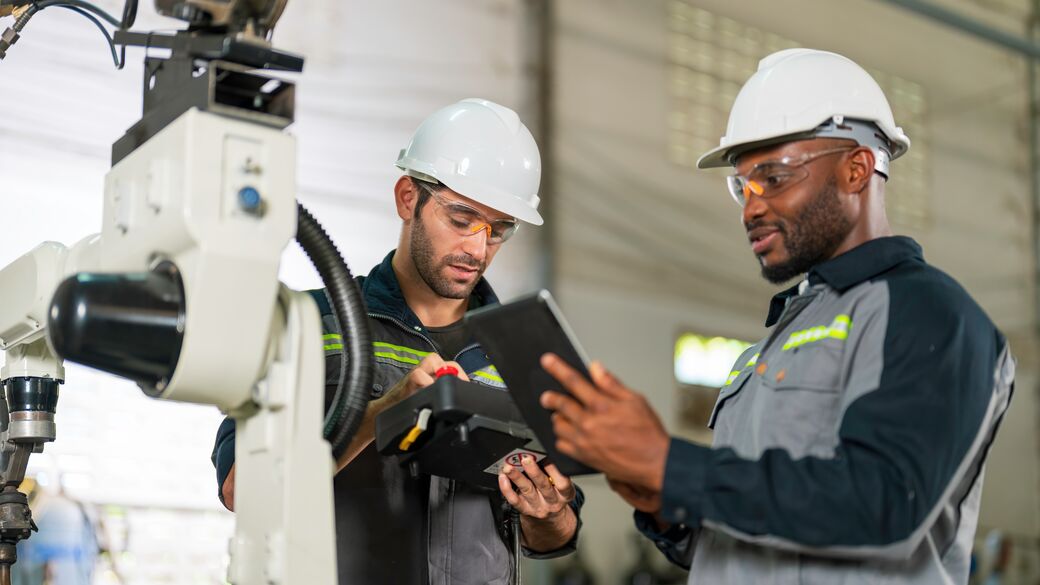Recruiting and Retaining Top Millennial Talent
With many baby boomers headed into retirement, recruiting and retaining millennial talent will be a key requirement for driving growth in the next decade. And doing so will not be an easy task - because birth rates are in decline, the number of skilled workers will also decrease and competition for top talent will intensify.
Today's business leaders must take time to understand what makes this new group of workers tick and invest in a working environment that reflects their values and aspirations. There are a number of ways to make that happen; I'll discuss two strategies we explored in our study with MORAR.
First, we found 42% of distributors are already creating on-the-job learning and development opportunities to appeal to millennials, which is a great way to illustrate your commitment to your employees' careers. This can take shape in a variety of forms, from access to training programs and workshops like those offered by Epicor University to offering financial support for employees interested in continuing their formal education.
Though many are still resistant to change in warehouse operations, distribution leaders need to take advantage of new technology. Not only does an ERP system like Prophet 21 or Eclipse make it possible to increase operational efficiency and uncover opportunities for growth, it also offers a modern user experience and mobile connectivity that tech-savvy millennials have become accustomed to. In fact, 24% of distributors told us they have already lost top talent because those employees "wanted to work for a company with better technology."
Building a Positive Multi-Generational Team
Though many baby boomers are retiring, a weakened economy, improved healthcare, and longer life expectancies mean many are also sticking around. In fact, the United States Bureau of Labor Statistics estimates 22% of Americans over 65 will still be working in 2020. Business leaders must protect their organizations from the tensions created by a multi-generational workforce by inspiring employees to collaborate with each other despite their differences in age. That's especially true for distributors.
In my experience, these are two of the best ways to build relationships among employees. First, mentorship and/or peer training programs are a great way to engage all generations. They can help ensure the expertise and knowledge of the older generation is not lost when they do leave the workforce and also make it possible for millennials to show less tech-savvy coworkers how to navigate new technology. In fact, in our study we found 33% of distributors already have some sort of a mentorship program in place. For those that don't, the most difficult part is usually getting started.
Management can also create ways for employees to work together to tackle common challenges in the distribution industry. According to our study, 57% of distributors believe building "opportunities for collaboration" would help address the challenges of a multi-generational workforce. You could, for example, assemble a group to analyze key data to identify problems with order fulfillment, shipping, or customer service and then brainstorm ways to address them. There may be some tension at the beginning, but ultimately people are more likely to contribute to a positive working environment when they seem themselves as a part of a team.
Truthfully, this is a complex issue that will impact nearly every industry at some point in the future, and there's no magic path or easy way to address it. But distributors - who are facing more competition than ever before - should be especially concerned about the risks associated with a changing workforce.
The good news is it's not too late to face this challenge and turn it into a competitive advantage for your organization. While you're working on shaping a millennial-friendly workplace, also consider reaching out to local universities and/or technical colleges about internship programs and start building a recruitment pool of millennial talent.








